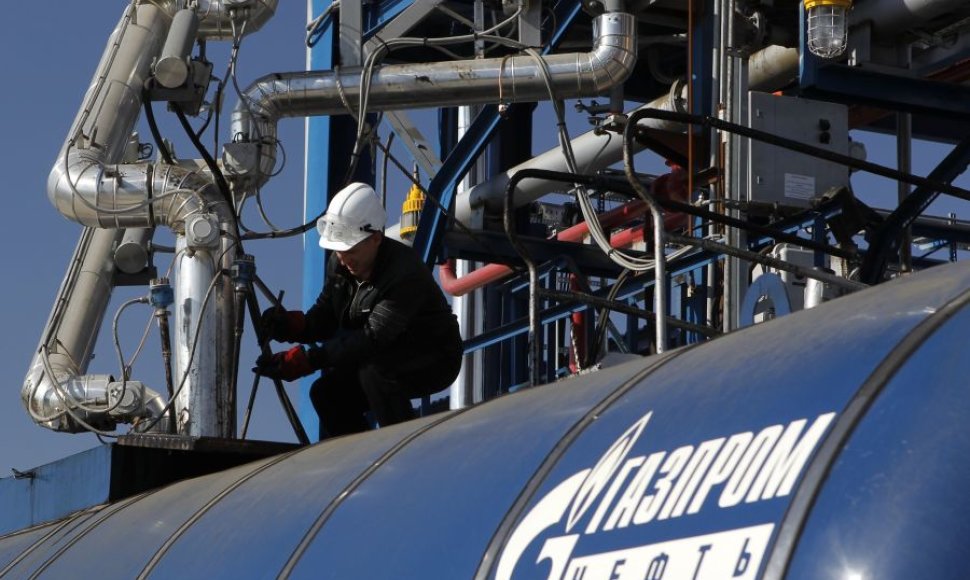- In your newly published book “The Politics of Energy and Memory between the Baltic States and Russia” (Ashgate, 2013) you analyse two basic factors in Baltic-Russia politics: energy relations and historical issues. Which one of those two has had more impact on the policies of the Baltic governments – energy or history?
- In the 1990s and possibly as late as 2004, Baltic-Russian relations were primarily driven by their recent history of Soviet occupation. As the Baltic states were consolidating their statehood and joining trans-Atlantic organizations, their focus was on distancing themselves from Russia. With the main goals or EU and NATO accomplished, energy dependence (both on sources and infrastructure) emerged as the last vestige of Soviet imperialism.
In my book, I show that this energy dependency has tremendous influence on contemporary Baltic domestic politics, economy, as well as foreign policy towards Russia. I believe that energy will remain for the next five years the main flashpoint in relations between the Baltic states and Russia.
- Which of the three Baltic governments does have most adversarial stance on Russia?
- Judging by the ideologies of the political parties in power and the policies they have pursued, today the Estonian government is the least conciliatory towards Moscow. However, I would not go as far as to call Tallinn's policies adversarial. The government led by the Reform Party is increasingly committed to EC's 'unbundling policies' and to pursuing energy diversification projects even if not necessarily seeking to be in the drivers seat.
The new Lithuanian government led by the Social Democrats has a clear agenda to re-conciliate with Moscow after rather adversarial policies by the outgoing Homeland Union who sought international arbitration with Gazprom and appealed to the EC to investigate the gas company's monopolistic practices.
The Latvian government, though centre-right, has been on a rather tame and conciliatory trajectory for some time, especially since the economic crisis of 2008 and the 2011 elections when Harmony Centre, a party perceived to represent the interests of the Russian minorities, received the most votes in the election and now constitutes a powerful opposition.
The Latvian government has focused on the domestic social and economic tensions rather than relations with Russia or energy policy and sought not to ruffle Moscow's feathers. Whether the new Lithuanian government of the Latvian government will prove to be most cooperative with Moscow is still to be seen.
- What kind of circumstances would be needed for a high level visit to take place by the Russian Minister of Foreign Affairs, Prime Minister or the President to any of the Baltic states?
- The bilateral relations between the Baltic states and Russia are certainly more important for the Baltic states than for Russia and thus a state visit to the Baltics is not on the 'must' agenda of the Russian government.
Considering the rather cool state of relations, a visit from a Russian Prime Minister or President would certainly be a political move to demonstrate a 'new era' of relations or would be in response to some extraordinary events of the like when Vladimir Putin visited the Katyn graves following the death of the Polish President Kaczynski.
A visit from Russian Foreign Minister is more likely - in fact, Estonia is the only one of the Baltic states that has not had a visit. The visit in Latvia in 2007 was to exchange the ratification documents of the border treaty, in Lithuania in 2011 Lavrov came to participate in the OSCE meetings. So a similar diplomatic visit is not off the cards for Estonia, but would be more likely if there is a common agenda to conclude.












